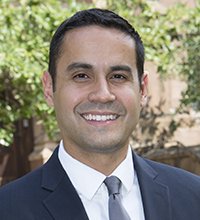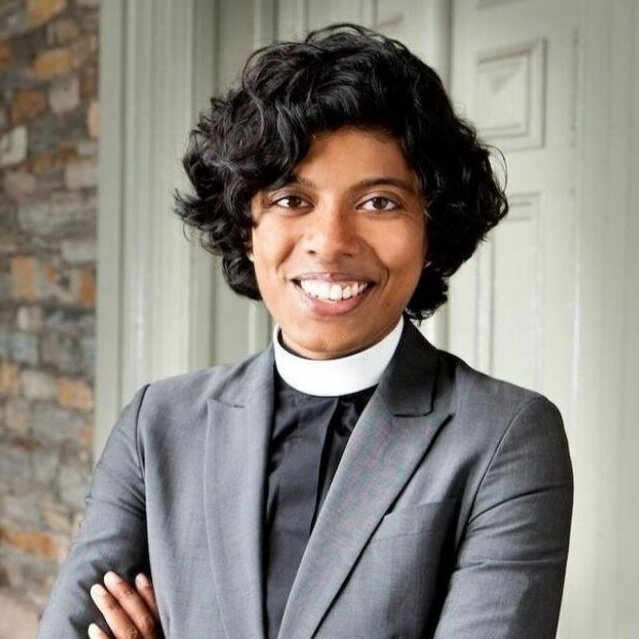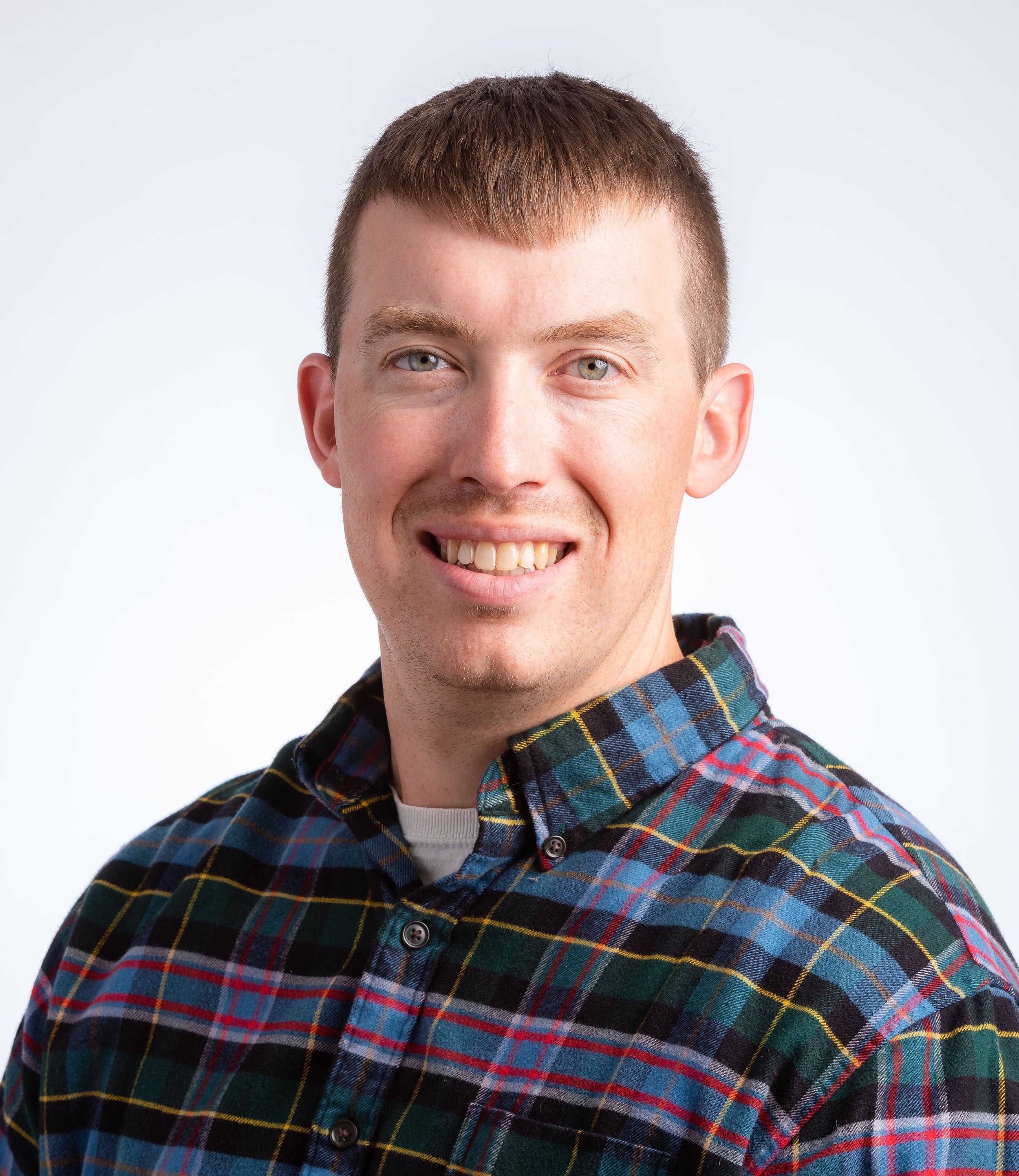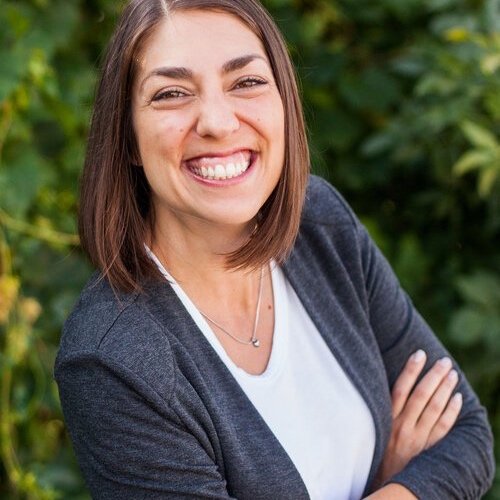Blog Posts
READ THE LATEST FROM
Walter Brueggemann
Bishop Michael Curry’s Christmas Message
The message of the angel is as scandalous and striking now as it was then. For in it is embedded God’s message in the death and resurrection of Jesus: to trust and believe in the invincibility of the good in spite of the titanic reality of evil, because God is good all the time.
Enfleshing Witness: Eric Barreto
Home is a place, yes, but it's also a commitment, a demand that God's justice would unfurl here and now, a faith that expects to taste God's grace in the people and the places where God has planted us. Home is a feeling and a commitment.
Enfleshing Witness: Winnie Varghese
Be not conformed to this world, the Bible says, but be transformed by the renewing of your hearts. Or, it is for freedom that Christ has set us free. What are those conforming things that we should be watching out for? What keeps us from freedom?
Apocalypse Of The Body
Theologians have a word for this kind of revealing, when something stark and dire and even painful occurs and reveals a deeper truth, something hidden in plain sight; it is called apocalypse. The word apocalypse includes the meaning “unveiling” or “disclosing”.
The Case For Reducing (Temporarily) Church Technology Usage
In this trajectory, the church takes a temporary step back from its current tech usage, in order to reflect on the resources most aligned to a ministry’s purpose.
Planting Gardens of Belonging
The task at hand for young people of faith is to draw from our traditions to steward this change—this social transformation—towards the redemptive possibilities of loving exceedingly, seeking justice, practicing hospitality, and giving generously. In doing so, we might reimagine and create anew the means through which our communities join together across differences.
Unlikely Saints
All Saints Sunday gives us a very personal way to talk about the present and future by talking about the past. Who are we? Who do we want to be? Those saints from our past give us a way to talk about where we are and where we are headed.
Bishop Michael Curry on his Faith and Health Journey
Prayer seeks the good and well-being of others. It is an act and expression of love as we lift someone or some circumstances before the God whom the Bible says is love. And that is not only a matter of expression. It leads to and undergirds outward action.
What Sabbatical Taught Me
I know some countries and companies are flirting with 4 day work weeks, or 6 hour workdays and finding increased happiness and productivity among their employees. They aren’t being lazy, but have learned what I have - there is so much more to life than work.
Upending the Parable of The Widow's Mite: Witnessing Systems of Harm
A close reading of Mark 12: 41-44, especially interpreted through the lens of the Law found in Deuteronomy (14:22-29), stirs up important questions about an often used stewardship approach that interprets this as an object lesson from Jesus regarding individual, sacrificial giving: a person of limited means asked to give generously beyond their livelihood.
Leadership Lab: Winnie Varghese
We've had to rebuild all of our systems for who we are today. I don't know that we would've had permission without that kind of isolation to rethink some things that probably needed to be rethought, frankly.
Leadership Lab: Erika Spaet
A one on one interview with Pastor Erika Spaet exploring the challenges of planting a church and building relationships between the congregation and the community in an ever-changing world.
AI for Ministry: A Purposeful Vision for A New Technology
AI may be shaping the cultural and technological environment, but we also have an opportunity to shape norms around its usage and in the process to raise important ethical and theological questions about how one can and should use these powerful tools. AI represents a seismic change in both technology and culture.
The Meaning of Life: A Parable
Journeys are less often about the goal, and more frequently about the experiences it takes to complete them. Such are the spiritual journeys that we embark on, but they are more than they seem. They can reveal things we do not expect, and like a dream, hold a unique significance for each of us.
"This Generation"
Trying to make sense of “this generation” can be fraught with misapprehension. Many things are different, yet many things remain the same. The Gospel of Matthew helps to reinvigorate our notions of modernity, and remind us of the place that children hold as descendants of faith and the new foundation for future discipleship.
The Stewardship of Memory
What do we do with the memories that haunt us? That sneak up on us late at night. And whisper words that cut quick to our core?
The Source and End of Unity and Belonging
When reading Paul’s letters, the exegetical and theological mistakes we might make are numerous and often tragic, as we all know. The list of insights is significant, of course, but so too are the distracting detours and the deadly interpretations.
Leadership Lab: Jessica Liles
A one on one interview with Jessica Liles exploring the challenges of planting a church and building relationships between the congregation and the community in an ever-changing world.
One Pastor's Side Hustle: Subscription Boxes for Women in Ministry
An interview with ConseCrate subscription box founder Dr. Rev. Ruth Hetland.
Now and Forever
A new balance is being struck in modern weddings to incorporate religion, pre-marital counseling, and non-traditional officiants. This balance offers trust, communication, and sincerity in new meaningful ways for younger generations whose religious practices and expectations have changed.















